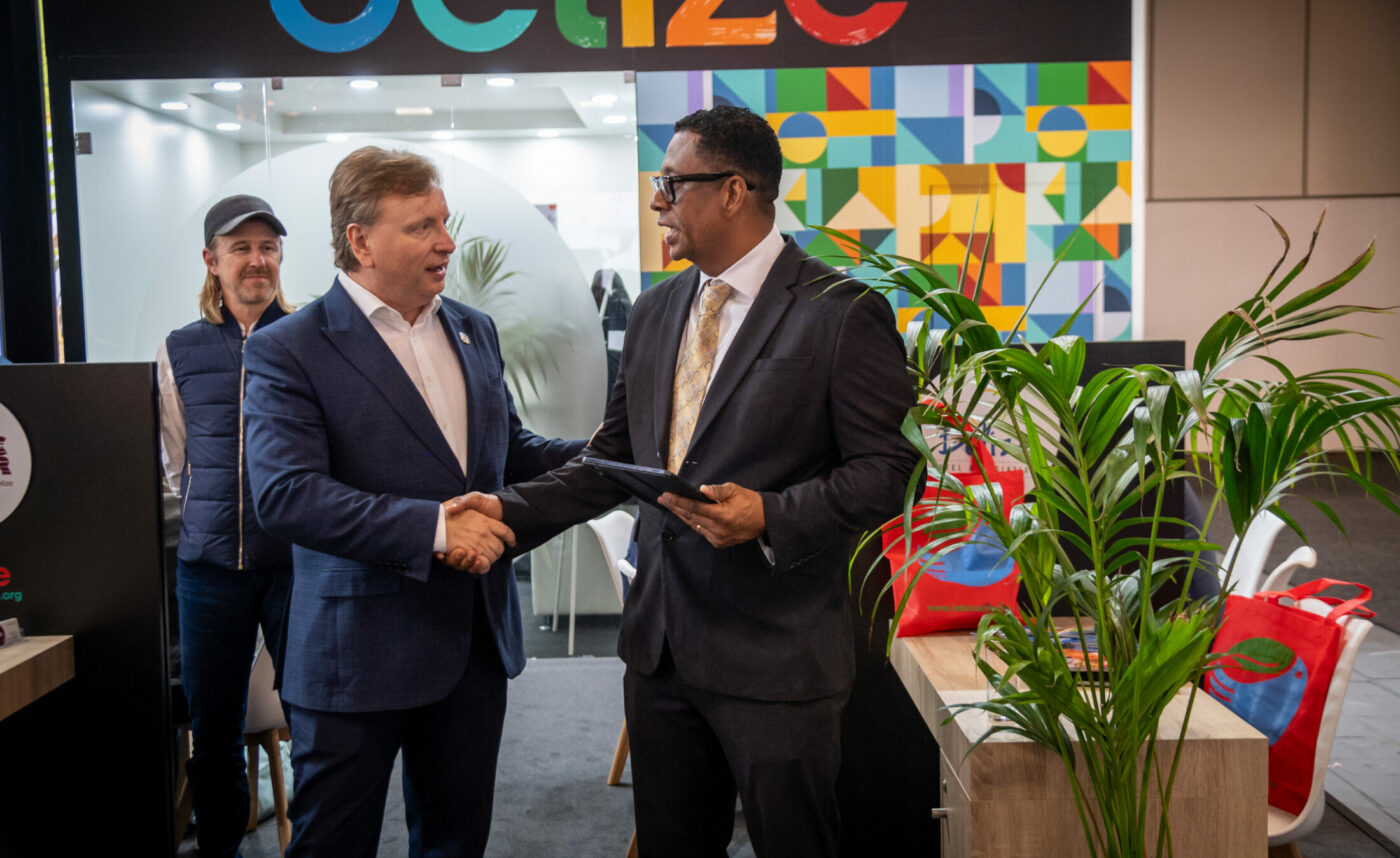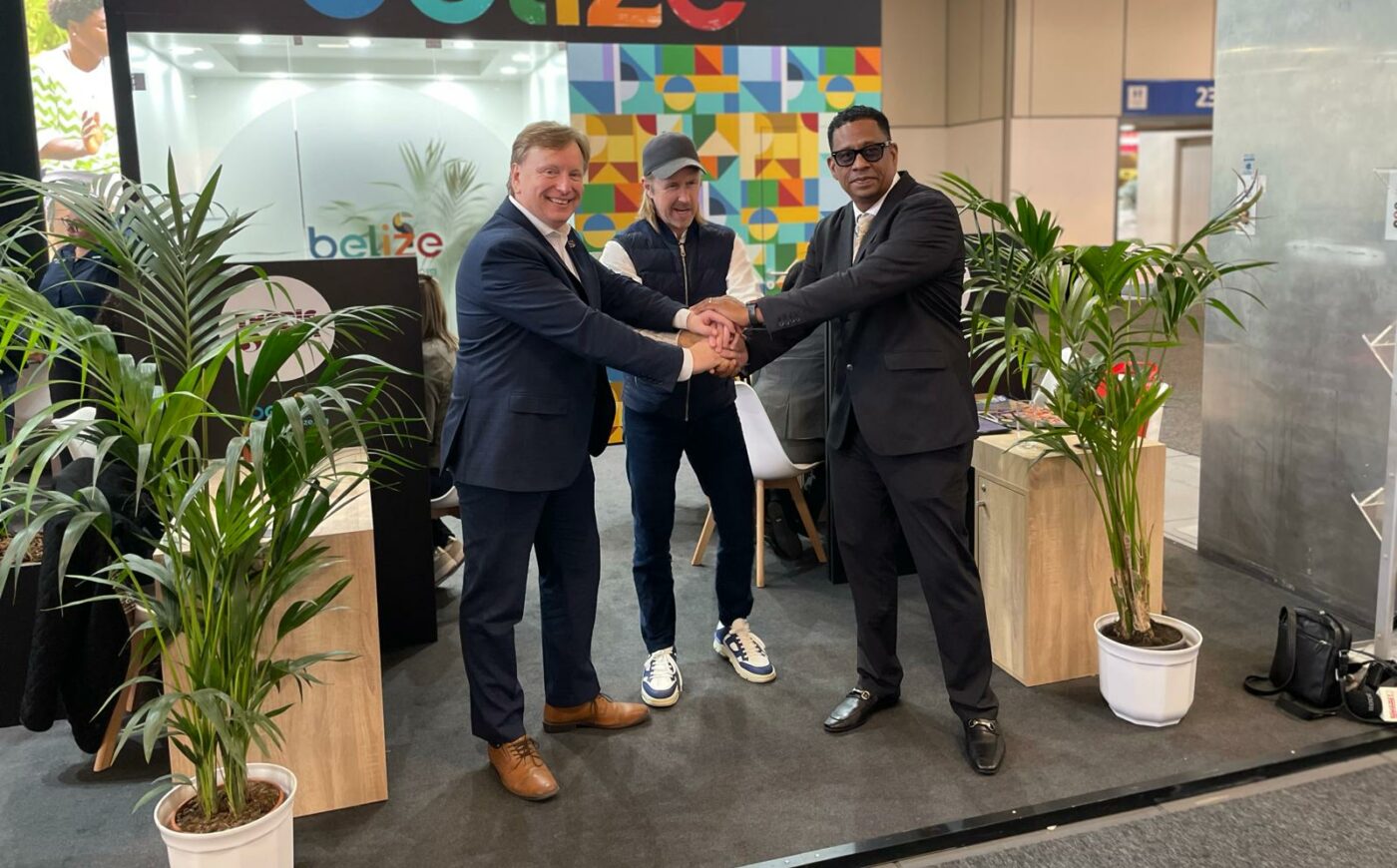As tourism begins to recover, there is both an opportunity and an imperative to rebuild the hospitality industry with a focus on sustainability and water conservation. New cleaning protocols have the potential to increase the intensity of water consumption and water pollution, requiring consideration to ensure that short-term measures to preserve human health avoid creating longer-term damage to environmental health.
Finally, at a time when the private sector is deeply concerned about its bottom line, saving water helps hotels to save money and appeal to a growing customer base that demonstrate a preference for hotels that minimise their environmental impact.
Quantifying water use to improve efficiency
In 2019, the H2Otel Water Saving Awards were unveiled as a pilot program demonstrating how public-private partnerships between governmental ministries and the hospitality industry can collaborate to incentivise water conservation. The awards celebrated hotels in Azerbaijan and Georgia for undertaking innovative measures to reduce water use and water pollution, and was the first program of its kind in the South Caucasus. Though the H2Otel pilot program itself was curtailed by COVID-19, the proof of concept and the examples set by the winning hotels are arguably even more relevant in this phase of rebuilding the tourism industry.

Rainwater harvesting system on the rooftop of Why Me Hostel
The H2Otel Water Saving Awards is an initiative of the UNDP-GEF Kura II Project, which is funded by the Global Environmental Facility (GEF) and implemented by UNDP. This project aims to implement integrated water resource management and policies across the Kura River Basin of Azerbaijan and Georgia. The awards were implemented in cooperation with the Ministry of Ecology and Natural Resources in Azerbaijan, the Ministry of Environmental Protection and Agriculture in Georgia, the Azerbaijan Hotel Association and the Welcome to Georgia! National Tourism Awards.
Because the foundation of any water conservation program is quantifying water use, the Kura II Project partnered with the Sustainable Hospitality Alliance for use of its Hotel Water Measurement Initiative (HWMI) tool, which was translated into Azerbaijani and Georgian. The HWMI tool was developed in collaboration with the international consulting firm KPMG and 18 major hotel brands to create a simple, powerful, and free tool for hotels of all sizes to calculate water use across their properties.
“The HWMI tool has been an important part of the H2Otel Water Saving Awards training programme in the Kura River Basin. Because rational water use is a critical priority for the basin, it’s imperative that hotels are accurately measuring their water consumption so that efficiencies can be identified, and progress monitored. We encourage all hotels to use this free tool to drive rational water use principles in the hospitality sector, and are glad that the UNDP-GEF Kura II project could support the translation of the HWMI tool into the Azerbaijani and Georgian languages.”
Mr. Ahmed Elseoud, Chief Technical Advisor of the UNDP-GEF Kura II project
Representatives of 24 hotels in Azerbaijan and 15 hotels in Georgia participated in trainings on water conservation for the hospitality industry organized by the UNDP-GEF Kura II Project. After completing the training module, participating hotels were asked to use the Sustainable Hospitality Alliance’s HWMI tool and submit a report and questionnaire documenting their water consumption and describing their innovative efforts at water conservation and pollution reduction at their property.
The first awards were issued in 2019 to two properties that demonstrated remarkable efforts in water conservation and sustainability: Why Me Hostel and Rooms in Georgia, and the Pullman Baku Hotel in Azerbaijan. These two properties are at opposite ends of the size spectrum – Why Me is a four-room hostel, while Pullman Baku was a 280-room hotel part of the Accor brand – demonstrating the ability of hotels of all types and sizes to implement water saving programmes.
“We were delighted that our Hotel Water Measurement Initiative could play a key role in the UNDP-GEF water training programme. As this programme has demonstrated, small and large hotels alike can all make a contribution towards decreasing their impact on local water sources. We are grateful that the HWMI tool has been translated so that we can increase its usage in more areas of the world.”
Madhu Rajesh, CEO of Sustainable Hospitality Alliance
Hotel Water Measurement Initiative (HWMI) tools in Georgian and Azerbaijani are available to download at the end of this page.
Major reductions do not require major investment – a small hotel’s experience
As the proprietors of Why Me note, “We are a small property, without [the resources of large hotel chains]. But there are many things that can be done that don’t involve big expenditures.”
This example from Why Me Hostel and Rooms demonstrates how it is possible for smaller properties to make a sizable impact with little investment.

Why Me Hostel in Tbilisi
The four-room hostel undertook a comprehensive plan – mostly done by the proprietors themselves over the course of four years – to incorporate a rainwater harvesting system and water recycling system into its water infrastructure, as well as solar heat exchangers to conserve energy for hot water. As a result, the hostel has been able to reduce its water consumption by 60%.
“We are a small property, without [the resources of large hotel chains]. But there are many things that can be done that don’t involve big expenditures.”
Rosik and Inna, Founders of Why Me Tbilisi
At Why Me, guest toilets use 90% recycled greywater from laundry and rainwater, and there are plans to recycle greywater from the showers in the future. Additionally, the hostel uses stop-tab sink fixtures and low-flow showerheads, as well as eco-friendly cleaners and detergents. Hot water is pre-mixed to reduce the need for additional cold water in showers.
Why Me Hostel and Rooms promotes water conservation around their property, and posts signs encouraging guests to save water.
According to the proprietors, in addition to providing more detailed information about their water consumption, the HWMI model helped them to locate a leak in their water infrastructure. “The results were impressive. We had our own calculations before, but now we can see how our water usage is divided over several users. It gave us a lot of extra information.”

Rainwater harvesting system and solar heat exchanger at Why Me Hostel
Changes implemented:
- Rainwater harvesting system
- Greywater system and recycling of water in less rainy periods of the year
- Push button showers
- Premixed hot water
- High efficient showerheads
- Push button taps
- Faucet aerators
- Dual flush toilets
Results:
- 60% reduction in water consumption
- Estimated savings of 0.3 Euro per person per night
- A reduction of more than 60,000 litres of clean water




